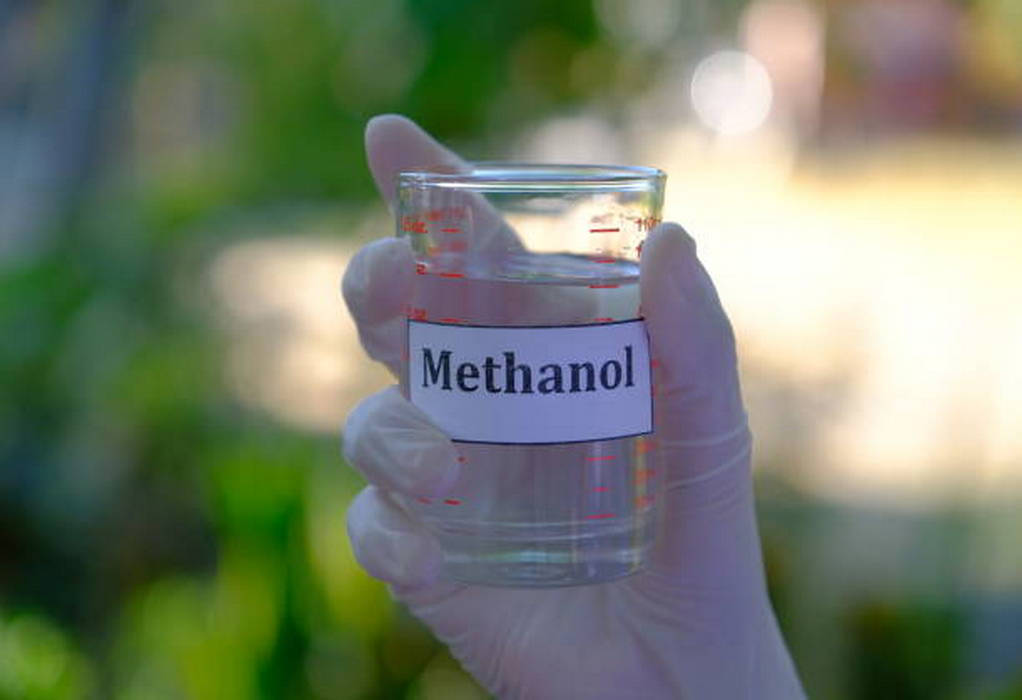Chinese researchers have managed to convert coal into protein using methanol obtained from this mineral. The process promises to offer a low-cost solution to the increasing demand for animal feed due to the increase in world population. The efficiency of this method compared to natural plant cultivation and its potential to significantly reduce dependence on agricultural land is highlighted.
The increasing global demand for animal feed creates significant challenges in terms of environmental sustainability and food security. Currently, the production of animal feed requires large areas of land, which contributes to deforestation and biodiversity loss. In this context, researchers at the Chinese Academy of Sciences have developed an innovative method to produce protein from coal using methanol as an intermediate.
The process begins by converting coal into methanol through gasification, a method that can now be done with almost zero carbon emissions.
The obtained methanol is added to a special variety of yeast. Shepherd’s FigsWhich ferments methanol to produce single-cell proteins rich in amino acids, vitamins, inorganic salts, fats and carbohydrates.
The team’s main innovation was to select and genetically engineer the yeast strain, optimizing it to tolerate the toxic effects of methanol and maximize transformation efficiency. This resulted in methanol-to-protein conversion at an impressive 92% of the maximum theoretical capacity of the process, establishing it as a cost-effective option for industrial protein production.
Adoption of this method has the potential to dramatically reduce the need for agricultural land for animal feed production, providing a sustainable alternative that can significantly contribute to reducing the environmental problems associated with intensive agriculture.
This progress represents an important milestone in the search for sustainable alternatives to the production of animal feed. By offering a solution that reduces dependence on limited natural resources and improves food security, coal-to-protein conversion is emerging as a promising strategy in the context of current global challenges.
Tags: Chinese researchers, Lowcost Solution, Methanol

Recent Posts
GCMD completes biofuel supply chain trials with Hapag-Lloyd
Airbus partners with Avolon on hydrogen aviation
Nuclear power transition more safe option for decarbonisation than coal
ABS presents industry’s first advisory on ammonia bunkering
AW Shipping orders multiple dual-fuel vessels from China
HIF Global partners with Airbus to advance development of SAF
ASL Aviation signs agreement with ZeroAvia for retrofit
AM Green plans to invest $1 bn to set up 2G biofuel plants